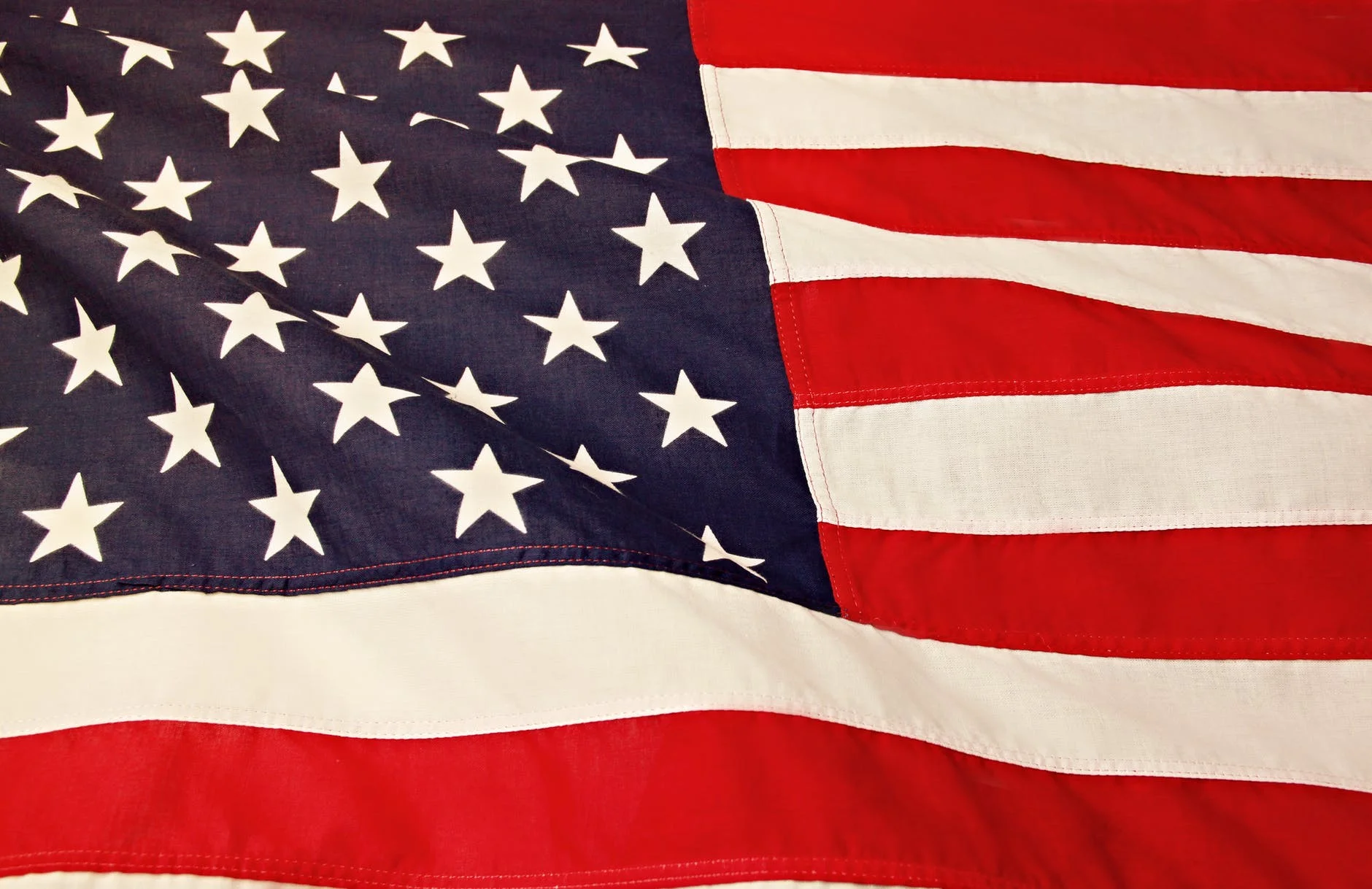For Grievers Every Day Can Be A Day To Remember
By Larry M Barber, LPC-S, CT-R
“…a time to weep and a time to laugh, a time to mourn and a time to dance…” Ecclesiastes 3:4
Our country recognizes the need for mourners in a community traumatized by devastating events, man-caused and acts of Nature, that result in the deaths of loved ones to remember those events and honor the people who died. Memorial Day and the anniversaries of events such as the 9/11 attacks, shooting sprees that have been witnessed by the nation in news reports, the tsunamis in the Pacific and the attack on Pearl Harbor are honored year after year. And for however long these memorial events happens the nation sits in silent reverence and honors the need to remember those who died.
But many times the needs of mourners coping with personal losses caused by the deaths of their friends or family members are not met with the same approval, silent reverence or honor. Over the years mourners in grief counseling and in grief support groups have told me their friends give subtle hints and sometimes very blunt statements that they should be:
Doing better by now. This isn’t true because grief has its own timetable and every grief is different.
Stop feeling sorry for themselves and getting back to life and their other relationships and responsibilities. This is not true because grief is not selfish or self-pity. Grief is when we realize the impact of the loss on us and work to process our grief in a healthy manner.
Putting their loved one in the past and moving on. This is not true because you will never be able to forget what your loved one meant to you and did for you. They are a part of who you are.
Happy and satisfied with the closure that they received during the funeral or memorial held. That’s not true because funerals and memorials are not the end of grief. Funerals and memorials can be the start of healthy grief and healing.
Seeking psychiatric or other professional help if their grief, crying, and depression last more than a certain accepted period of time. This isn’t true because grief is the natural human response to loss. It is not a disease, disorder, bad attitude or a perspective that needs to be corrected. Mourners need time, support and encouragement to start moving toward feeling better.
The truth is that each mourner whether he or she suffers a personal, private loss due to a single death or shares with a community in a devastating loss caused by multiple deaths has the need to remember and honor their loved one(s) on an on-going basis. Think of it this way--every mourner endures in loss his or her own personal 9/11. Therefore every mourner should be able to:
Honor their loved ones in meaningful, respectful and healthy ways throughout their grief—through rituals and simple observances if necessary. Mourning the death of a loved one in a healthy way honors a valuable life and person who should never be forgotten or just left in the past.
Remember a day and event in history that has changed their lives and their world forever.
Continue to maintain emotional and spiritual ties to the person no longer physically present. When a loved one dies, the relationship doesn’t end, it just changes. After a death the relationship transforms from one based on the physical presence of the loved one to a relationship that is based on memories of the loved one.
For the mourner, every day can be a Memorial Day. Be patient with the mourner, honor his or her story by just listening, and honor their rights to keep the memories of their loved one alive in healthy, healing ways.
Written by Larry M. Barber, LPC-S, CT-R author of the grief survival guide “Love Never Dies: Embracing Grief with Hope and Promise” available online at Amazon, Barnes & Noble or Christianbook.com.
FOR INFORMATION ON SCHEDULING COUNSELING SERVICES WITH LARRY BARBER
https://www.psychologytoday.com/us/therapists/larry-michael-barber-wylie-tx/1176362
